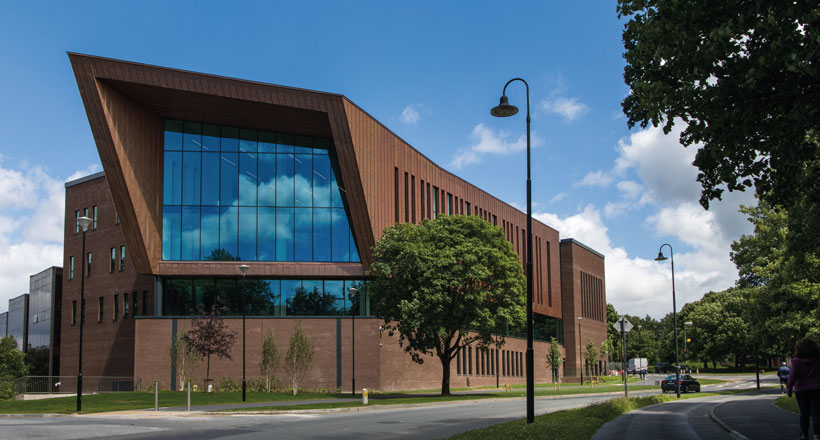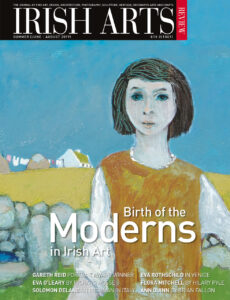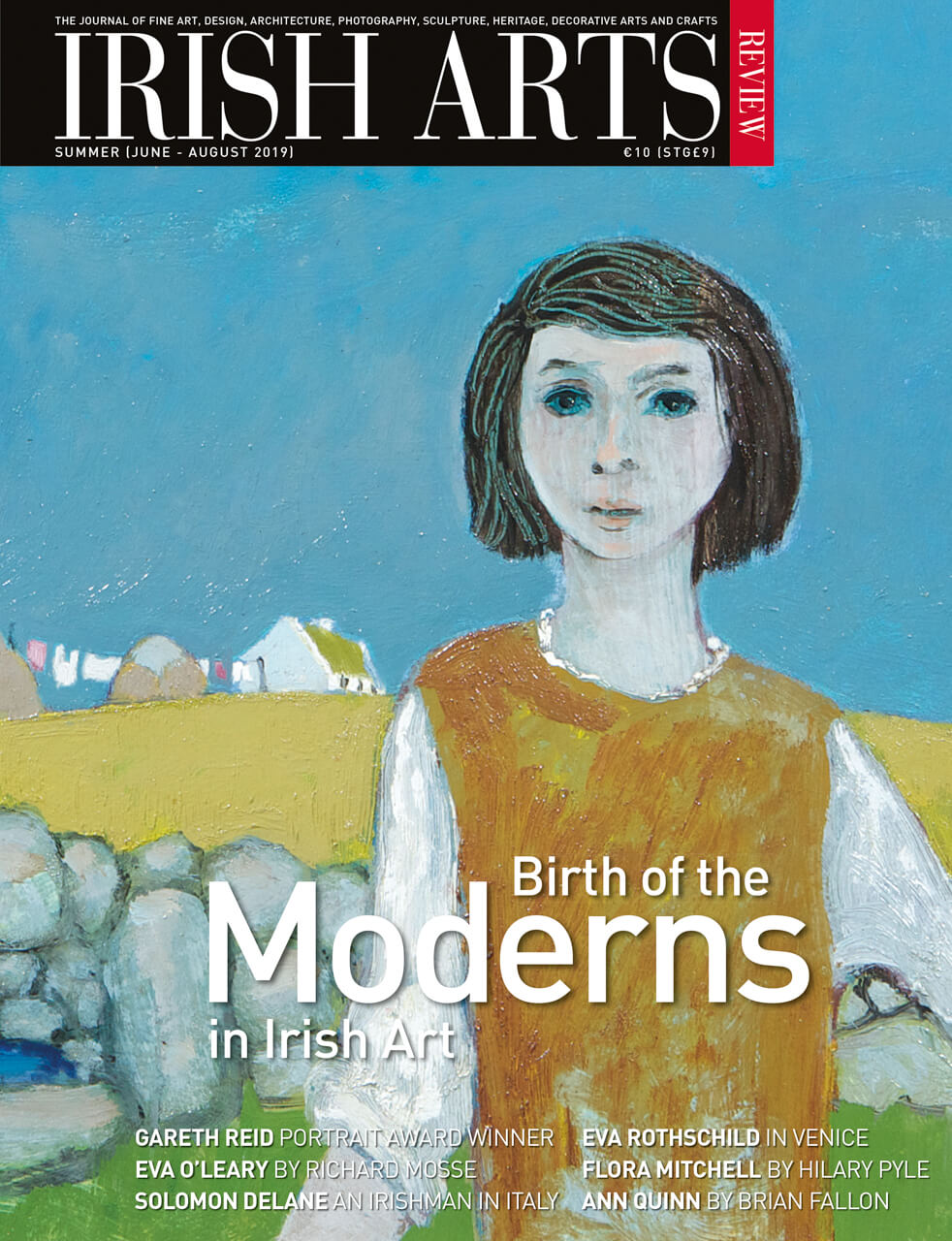The Glucksman Library at the University of Limerick is now one of the most digitally advanced libraries in the world, writes Judith Hill


The Glucksman Library at the University of Limerick is now one of the most digitally advanced libraries in the world, writes Judith Hill
When the original Glucksman Library was planned in 1994, the University of Limerick looked at a future dominated by digital technology whose ramifications were unclear. Practices that were then new, such as student laptop use, library digitisation and inter-library networking, are now part of our daily lives – a development that reveals something of the scale of the technological change that has affected libraries since the mid 1990s. The 21st-century extension to the Glucksman Library, which opened last June, was celebrated for its technological sophistication. While it is true that imaginative applications of technology have successfully infiltrated the institution and the architecture on many levels, a significant challenge was to graft innovation on to an existing structure so that the library would retain its integrity and its role as a central institution of the university.
To read this article in full, subscribe or buy this edition of the Irish Arts Review
When the original Glucksman Library was planned in 1994, the University of Limerick looked at a future dominated by digital technology whose ramifications were unclear. Practices that were then new, such as student laptop use, library digitisation and inter-library networking, are now part of our daily lives – a development that reveals something of the scale of the technological change that has affected libraries since the mid 1990s. The 21st-century extension to the Glucksman Library, which opened last June, was celebrated for its technological sophistication. While it is true that imaginative applications of technology have successfully infiltrated the institution and the architecture on many levels, a significant challenge was to graft innovation on to an existing structure so that the library would retain its integrity and its role as a central institution of the university.
